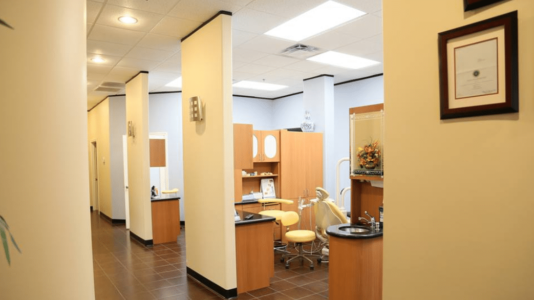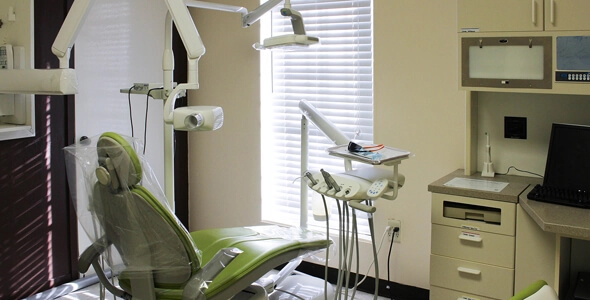Tooth pain while chewing can be both distressing and disruptive to daily life. It can range from a mild discomfort to sharp, intense pain, making it difficult to enjoy meals and sometimes even affecting speech. Understanding the causes and treatment options for tooth pain while chewing is essential for maintaining oral health and overall well-being. This article will explore the common causes, symptoms, diagnosis, treatment options, and preventive measures for tooth pain while chewing.
Common Causes of Tooth Pain While Chewing
Several factors can lead to tooth pain when chewing, including:
Tooth Decay and Cavities: When bacteria in the mouth produce acids that erode the enamel, cavities form, causing pain, especially when pressure is applied while chewing.
Cracked or Fractured Teeth: A crack or fracture in a tooth can cause significant pain when chewing, as the pressure can aggravate the underlying nerves.
Gum Disease: Inflammation and infection of the gums can lead to pain and discomfort, particularly when chewing.
Tooth Abscess: An abscessed tooth, characterized by a pocket of pus caused by infection, can cause severe pain and sensitivity when chewing.
Bruxism (Teeth Grinding): Chronic grinding or clenching of teeth can wear down the enamel and cause pain during chewing.
Tooth Sensitivity: Sensitivity to hot, cold, or pressure can result from worn enamel or exposed dentin, leading to pain when chewing.
Recent Dental Work: Dental procedures can sometimes leave teeth temporarily sensitive, causing pain when chewing.
Impacted Teeth: Teeth that are stuck in the gums or jawbone can cause pain, particularly if they press against other teeth.
Symptoms Associated with Tooth Pain While Chewing
Tooth pain while chewing can present in various ways, including:
- Sharp or throbbing pain
- Pain when biting down
- Sensitivity to hot and cold temperatures
- Swelling and redness in the gums
- Persistent ache or discomfort
Diagnosis of Tooth Pain
To accurately diagnose the cause of tooth pain while chewing, a dentist will typically conduct:
Clinical Examination: A thorough examination of the teeth, gums, and mouth to identify visible issues.
X-rays and Imaging: These help detect underlying problems such as cavities, fractures, or abscesses.
Percussion Test: Tapping on the teeth to identify which one is causing pain.
Bite Analysis: Checking how the teeth come together to identify bite issues or bruxism.
Treatment Options
Depending on the cause, several treatment options are available for tooth pain while chewing:
Home Remedies and Pain Relief:
Over-the-Counter Pain Relievers: Medications like ibuprofen or acetaminophen can help manage pain.
Salt Water Rinses: Rinsing with warm salt water can reduce inflammation and promote healing.
Cold Compress: Applying a cold compress to the outside of the mouth can reduce swelling and numb pain.
Professional Dental Treatments:
Fillings and Crowns: Used to treat cavities and protect cracked or fractured teeth.
Root Canal Therapy: Necessary for treating tooth abscesses and severe decay affecting the tooth pulp.
Tooth Extraction: In cases where the tooth cannot be saved, extraction may be necessary.
Treatment for Gum Disease: Deep cleaning, scaling, and root planing to treat gum disease and prevent further infection.
Addressing Bruxism with Mouthguards: Custom-made mouthguards can protect teeth from the effects of grinding and clenching.
Preventive Measures
To prevent tooth pain while chewing, consider these preventive measures:
Maintaining Good Oral Hygiene: Brushing twice a day, flossing daily, and using mouthwash can prevent decay and gum disease.
Regular Dental Check-Ups: Routine visits to the dentist can help catch and treat issues early.
Using a Mouthguard: For those who grind their teeth, wearing a mouthguard at night can prevent damage.
Avoiding Hard and Sticky Foods: These can cause or exacerbate cracks and fractures in the teeth.
Using Desensitizing Toothpaste: Special toothpaste can help reduce tooth sensitivity over time.
When to See a Dentist?
It’s essential to see a dentist if you experience:
- Persistent or severe pain
- Signs of infection, such as swelling, fever, or a bad taste in the mouth
- Pain that interferes with daily activities
- Difficulty opening the mouth or chewing
FAQs
What can cause sudden tooth pain when chewing?
Sudden tooth pain can be caused by a crack or fracture, a new cavity, or food lodged between teeth.
Can tooth pain while chewing be a sign of something serious?
Yes, it can indicate serious conditions like a tooth abscess, severe decay, or gum disease.
How can I manage tooth pain at home until I see a dentist?
Use over-the-counter pain relievers, rinse with warm salt water, and apply a cold compress to the affected area.
What treatments are available for a cracked tooth?
Treatments include bonding, crowns, or, in severe cases, root canal therapy or extraction.













